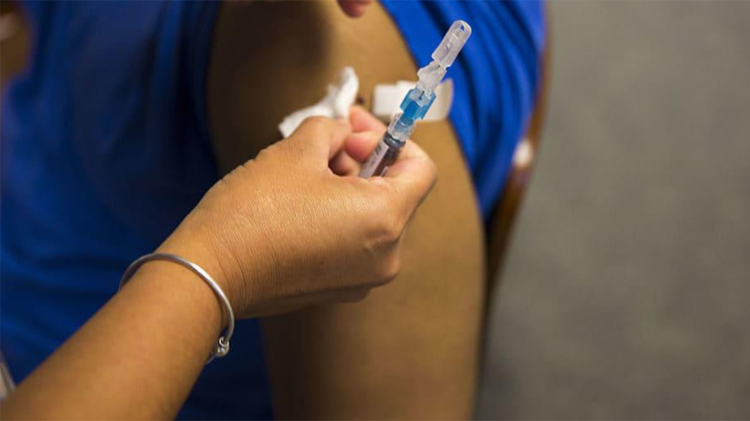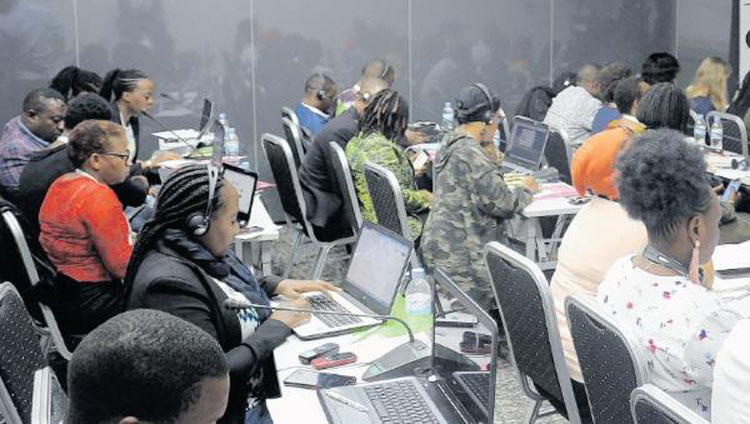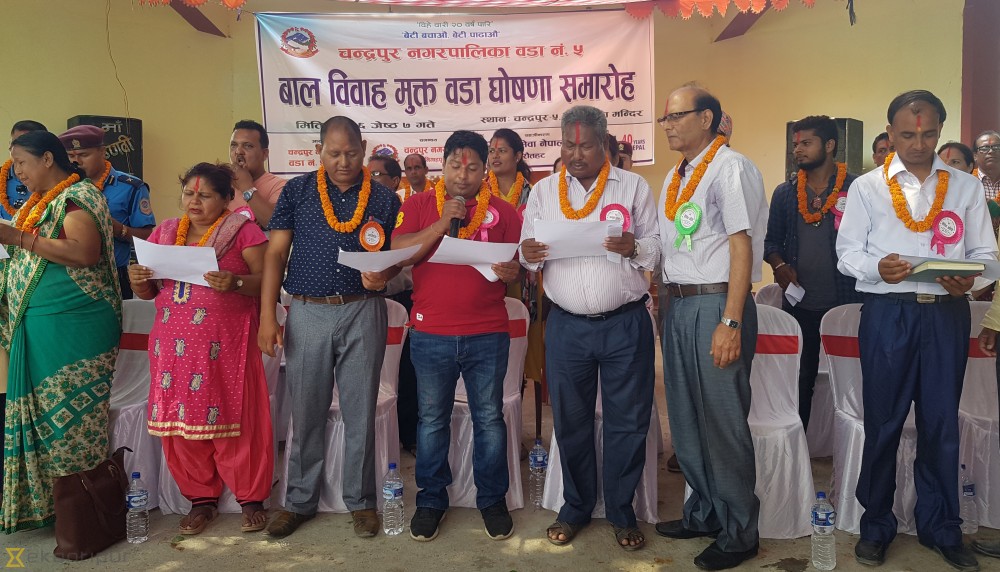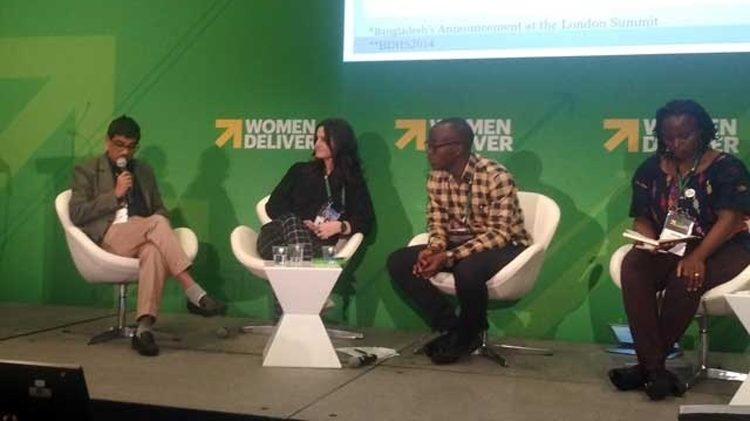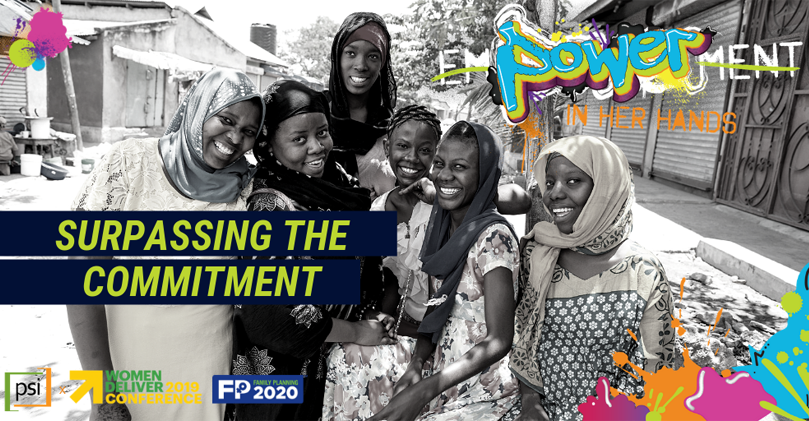Observational and laboratory studies suggest that some hormonal contraceptive methods, particularly intramuscular depot medroxyprogesterone acetate (DMPA-IM), might increase women's susceptibility to HIV acquisition. We aimed to compare DMPA-IM, a copper intrauterine device (IUD), and a levonorgestrel (LNG) implant among African women seeking effective contraception and living in areas of high HIV incidence.
Category: In the News
Joint Statement from APHA, AVAC, FP2020, ICWEA, PAI and PPFA: An Urgent Need to Prioritize Woman-Centered and Integrated Contraception and HIV Prevention and Treatment Options
Statement on ECHO Trial Results Women and girls, no matter where they live, have the right to make their own decisions about their bodies and their sexual and reproductive health and lives. Unfortunately, in Sub-Saharan Africa, 53 million women and girls still have an unmet need for modern contraception. Women and girls in the region… Continue reading Joint Statement from APHA, AVAC, FP2020, ICWEA, PAI and PPFA: An Urgent Need to Prioritize Woman-Centered and Integrated Contraception and HIV Prevention and Treatment Options
ECHO Trial Results Released: Press Coverage
Today at a satellite symposium at the South African AIDS Conference, the ECHO trial of contraceptive use and impact on HIV risk released its results.
Joint Statement from WHO, UNAIDS, and UNFPA: Hormonal contraceptive methods and HIV acquisition in women
WHO, UNAIDS and UNFPA welcome the results of a large clinical research study known as the Evidence for Contraceptive Options and HIV Outcomes (ECHO) study that was conducted in four African countries and published in the Lancet today.
Journalists campaign against anti-women traditions
Journalists from Tanzania and across the African continent are pushing for greater policy accountability of their governments in protecting women and girls from any and all harmful cultural practices. Indeed, some of the practices are known to have resulted in permanent injury or worse – including death!
Chandrapur is on its way to become child marriage-free municipality
With the recent declaration of its Ward 5 as a child marriage-free zone, six of the ten wards in Chandrapur Municipality, Rautahat, have now joined the national campaign for eradicating child marriage from the country by 2030.
Kenyan Counties Take Action to Prevent Teenage Pregnancies
Four Kenyan counties have, for the first time, established multi-agency government task forces with action plans to address their high teenage pregnancy rates. The action plans commit to leverage resources for, address policy barriers to, and enhance efficiency in providing contraceptive information and services for young people aged 10 to 19. As of June 2019, the action plans are officially approved, and implementation is underway.
Uncertain labor: Central Africa’s maternal mortality crisis
The Central African Republic has one of the worst maternal mortality rates in the world, second only to Sierra Leone. With 882 deaths for every 100,000 successful births, it’s far behind countries such as the United States, which recorded 14 out of 100,000.
Bangladesh needs ‘smart investment’ to achieve FP2020 goals: Expert
Director of the Institute of Health Economics of Dhaka University Syed Abdul Hamid said, Bangladesh is still far behind achieving the indicators of the Family Planning 2020, popularly known as FP2020. “And that is why smart investment is needed,” he said, speaking at a session on the sidelines of the Women Deliver Conference 2019 in… Continue reading Bangladesh needs ‘smart investment’ to achieve FP2020 goals: Expert
PSI Reaches and Surpasses FP2020 Commitment
PSI committed to reaching 10 million users under the age of 25 with modern contraception by 2020. As of Dec. 2018, they’ve reached 14 million young people, and counting, with a contraceptive method, two years ahead of schedule.
